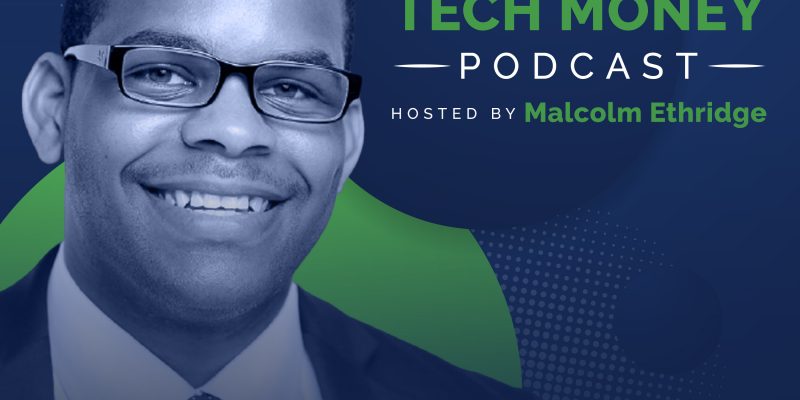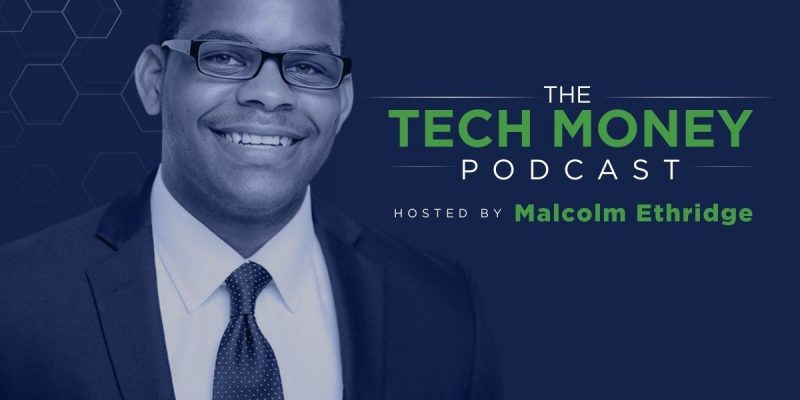For startups, investors often put a lot of emphasis on cap tables. They want to see a diluted picture of equity ownership among you as a founder, any co-founders or partners, early investors, and key employees before they’ll seriously consider handing over a check to invest themselves in your company. That’s because a healthy cap table illustrates not only your business’s potential for growth in the future, but also communicates to your investors just how solid your judgment is as a CEO.
In this episode, Malcolm Ethridge speaks with Jason Ray about how to tell a compelling story to potential investors. Jason shares why investing in what matters to you as a business owner and to your business doesn’t always sacrifice an investment return, and how it can help attract investors who are interested in your cause. He also dives into why it’s important to know your key performance indicators from the very beginning, why some businesses are hesitant to take loans and how that can prevent them from growing, and what goes into good financial modeling and forecasting.
Jason discusses:
- Why investing in ESG doesn’t necessarily mean sacrificing investment returns
- Why it’s important to get yourself in gear from the very beginning as a business owner and be prepared for a potential investor
- How a lack of experience with taking out loans and knowing how much they need creates hesitancy, and how that hesitancy can become a hurdle for business growth
- What goes into good financial modeling and forecasting
- And more
Resources:
Connect With Jason Ray:
- Zenith Wealth Partners
- @NetWorthZenith
- LinkedIn: Jason Ray
Connect With Malcolm Ethridge:
- The Tech Money Podcast
- LinkedIn: Malcolm Ethridge
- Connect with Malcolm
- @MalcolmOnMoney
- Download the Tech Money Guide to RSUs
About Our Guest:
Jason founded Zenith Solutions to deliver accessible, high-quality financial education and advice to individuals and institutions. His work is inspired by racial and age wealth inequality that exists in society.
Prior to founding Zenith, Jason helped renovate a longstanding independent wealth advisory firm, Carnegie Wealth Management, by building new technology, private placement structures, and research capabilities. He delivered investment advice and financial plans to families with a net worth upwards of $10M. Earlier in his career, Jason also gained extensive experience evaluating and creating solutions for financial advisors at Lincoln Financial and FS Investments.
Podcast: Play in new window | Download | Embed

